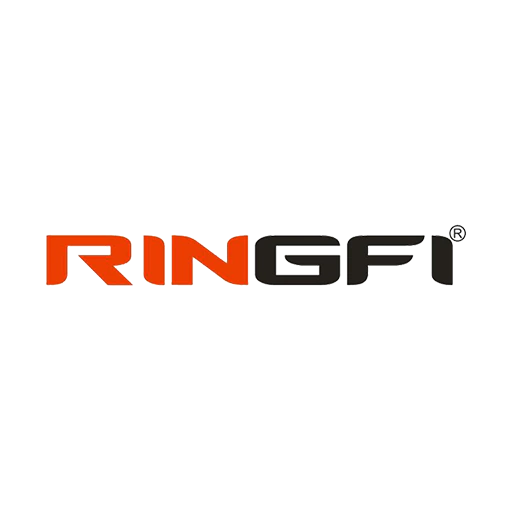Summary
Choosing a reliable ceramic sanitary ware supplier is critical for businesses looking to succeed in the competitive bathroom products market. This article provides a detailed guide on evaluating a supplier's production capacity, understanding international certifications and standards, and exploring customization services to meet diverse market needs. Key product categories such as toilets, intelligent toilets, smart toilets, basins, wash basins, cabinet basins, and toilet sinks are integrated into each section to offer a comprehensive understanding of the subject.
Evaluating the Supplier's Production Capacity and Quality Control
When selecting a ceramic sanitary ware supplier, assessing their production capacity and quality control measures is essential. Suppliers with advanced production facilities are more likely to meet bulk order requirements while maintaining consistent quality.
For example, a supplier specializing in toilets, intelligent toilets, and smart toilets must demonstrate an ability to produce these products efficiently and to the highest standards. Reliable production capacity ensures that wash basins, cabinet basins, and toilet sinks are manufactured in sufficient quantities without compromising on quality.
Key indicators of robust quality control include the presence of systematic checks at every production stage. Suppliers should implement stringent measures to ensure that each basin, wash basin, and cabinet basin adheres to established benchmarks. High-quality toilet sinks and intelligent toilets often feature advanced coatings and finishes, which demand thorough inspections to confirm durability and reliability.
Additionally, a strong supply chain management system supports seamless delivery of intelligent toilets, basins, and toilet sinks. Potential partners should be transparent about their production schedules, lead times, and ability to scale operations to meet growing demands.
Understanding Ceramic Sanitary Ware’s International Certifications and Standards
International certifications and standards play a crucial role in establishing the reliability of a ceramic sanitary ware supplier. Products like toilets, intelligent toilets, and smart toilets must comply with global regulations to ensure safety, performance, and environmental sustainability.
One of the key certifications to consider is ISO 9001, which demonstrates a supplier's commitment to quality management systems. Products such as wash basins, cabinet basins, and toilet sinks that carry this certification offer assurance of consistent quality. Similarly, certifications like CE (Conformité Européenne) indicate compliance with European Union regulations, making these products suitable for international markets.
Intelligent toilets and smart toilets often come with additional certifications, such as those related to water efficiency (e.g., WaterSense) and energy consumption. These certifications not only appeal to environmentally conscious consumers but also ensure regulatory compliance in regions where such standards are mandatory.
Testing and compliance with standards such as ANSI (American National Standards Institute) or ASME (American Society of Mechanical Engineers) further enhance the credibility of ceramic sanitary ware, including wash basins, basins, and toilet sinks. Suppliers that maintain updated certifications and provide detailed product documentation are more likely to be trustworthy and reliable.
How Customization Services Help Meet Diverse Market Needs
Customization is an increasingly important factor in the sanitary ware industry, enabling suppliers to meet the specific requirements of different markets. Reliable suppliers offer tailored solutions for toilets, intelligent toilets, and smart toilets to accommodate diverse consumer preferences and design trends.
For instance, in regions where space-saving solutions are a priority, suppliers might develop compact wash basins and cabinet basins. Similarly, in luxury markets, intelligent toilets with advanced features like self-cleaning and heated seats become highly desirable. Customization allows businesses to cater to these varied demands effectively.
Suppliers that provide a range of design options for toilet sinks and basins help businesses align their product offerings with current interior design trends. By incorporating unique shapes, colors, and materials, suppliers can create differentiated products that stand out in the market. Customized cabinet basins, for example, can combine functionality with aesthetic appeal to meet both practical and decorative needs.
Furthermore, flexible customization services often extend to branding. Suppliers that offer private labeling for products like basins, wash basins, and intelligent toilets enable businesses to strengthen their brand identity. The ability to produce exclusive designs and features enhances a business’s competitive edge while fostering customer loyalty.
Conclusion
Selecting a reliable ceramic sanitary ware supplier involves evaluating their production capacity, understanding international certifications and standards, and leveraging customization services. These factors ensure the consistent quality and market relevance of products like toilets, intelligent toilets, smart toilets, basins, wash basins, cabinet basins, and toilet sinks. By prioritizing these aspects, businesses can establish strong partnerships with suppliers, enhance their product offerings, and achieve long-term success in the competitive sanitary ware market.

